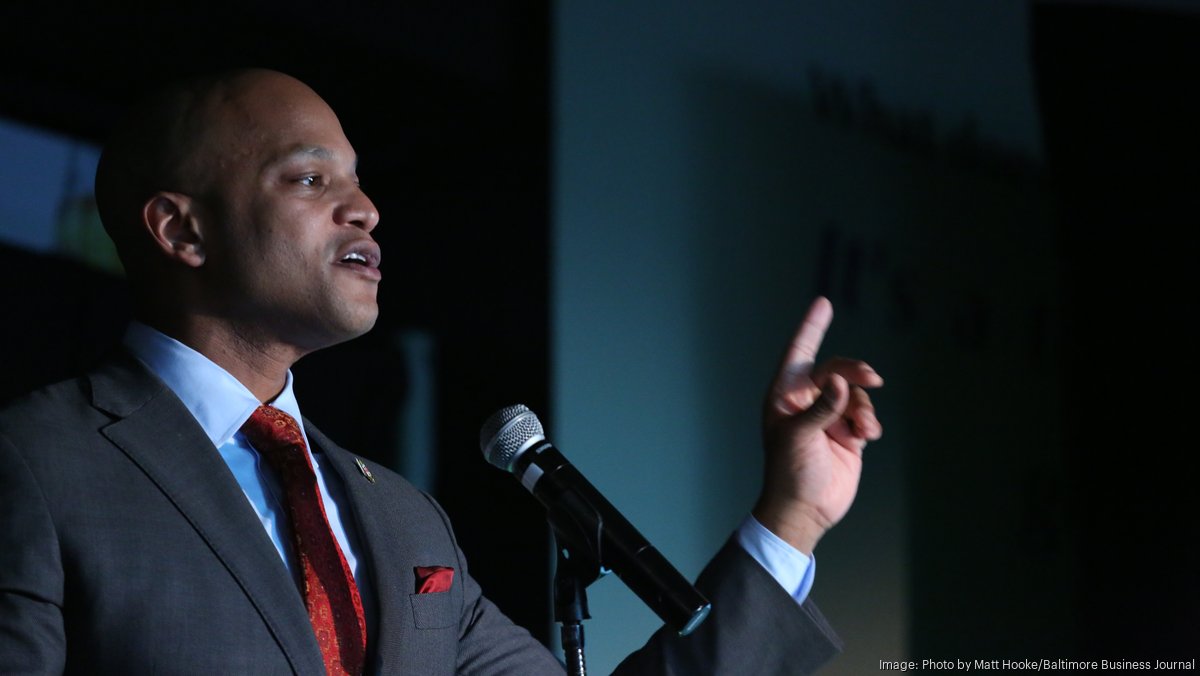
Maryland lawmakers scale back proposed business services tax
- 20.03.2025 18:00
- bizjournals.com
- Keywords: Maryland, Baltimore Business Journal
Maryland Governor Wes Moore proposes a 3% tax on IT services to address a $3 billion budget gap, prioritizing spending cuts over broad tax increases. Lawmakers aim to modernize the tax code but face opposition from businesses and chambers of commerce concerned about economic impacts.